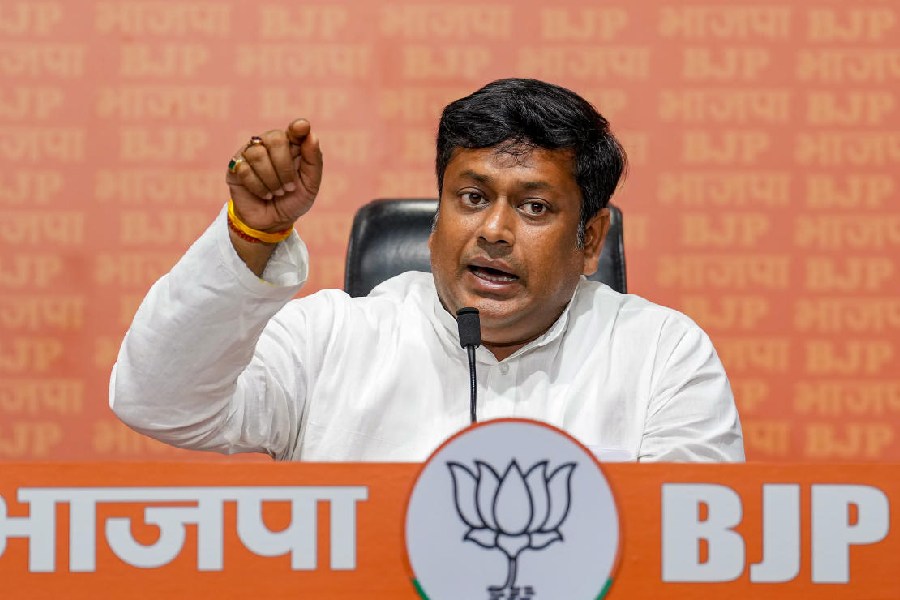The Comptroller and Auditor General’s comments that the Centre has wrongly retained Rs 47,272 crore of GST compensation cess meant for states could become a major topic of debate during the upcoming GST Council meet on October 5.
On Saturday, senior finance ministry officials countered the CAG’s audit, saying temporary retention cannot be termed as diversion. The time taken in the reconciliation of compensation receipts can’t be termed as diversion of GST cess fund when the dues to the states were fully released by the central government, they said.
“The compensation receipt in the Consolidated Fund of India was subject to reconciliation in the coming months. If for that reason the amount remained in the Consolidated Fund of India, how can that be treated as a diversion,” officials, who did not want to be identified, said.
The auditor raised red flags over the violation of GST compensation laws by the Centre. The CAG report highlighted that the Centre used the GST cess of Rs 47,272 crore elsewhere instead of crediting it to the GST compensation fund in the last two financial years.
According to the CAG report, short-crediting was a violation of the GST Compensation Cess Act, 2017, and it has asked the finance ministry to take immediate corrective action.
“Collection of the cess and its transfer to the GST Compensation Cess Fund shows that there was short crediting of Rs 47,272 crore during 2017-18 and 2018-19,” the CAG report said.
Bengal finance minister Amit Mitra tweeted: “Modi government caught red-handed by its own CAG for hiding Rs 47,272 crore from the Cess Compensation Fund meant for states! Slyly put into Consolidated Fund of India. Violating GST Act. Why? To bluff us by overstating revenue collection and bluff global rating agencies by understating fiscal deficit. Shameful.”
Kerala finance minister Thomas Isaac in a tweet said, “The CAG report confirms illegal diversion of undistributed GST by the government — an issue that the Council has discussed and has nearly resolved. But it totally exposes the double standards of the GoI. When the going is good, the GoI misappropriates the surplus and wash its hands of when a temporary deficit appears.”
In 2017-18, Rs 62,611 crore was collected, of which the government released full compensation dues of Rs 41,146 crore to the states and Union Territories (UTs). In 2018-19, an amount of Rs 95,081 crore was collected, of which Rs 69,275 crore was paid as full compensation dues.
An amount of Rs 47,271 crore collected in 2017-18 and 2018-19 had remained unutilised for reconciliation post full payment of GST compensation dues. For 2019-20, the Centre released Rs 1,65,302 crore as compensation against a cess collection of Rs 95,444 crore which it could do with the unutilised cess of Rs 47,271 crore.
The GST (Compensation to States) Act guarantees all states an annual growth rate of 14 per cent in their GST revenue in the first five years of implementation of GST beginning July 2017. It was introduced as a relief for states for the loss of revenues arising from the implementation of GST.
If a state's revenue grows slower than 14 per cent, it is supposed to be compensated by the Centre using the funds specifically collected as compensation cess. To provide these grants, a GST compensation cess is levied on certain luxury and sin goods.










